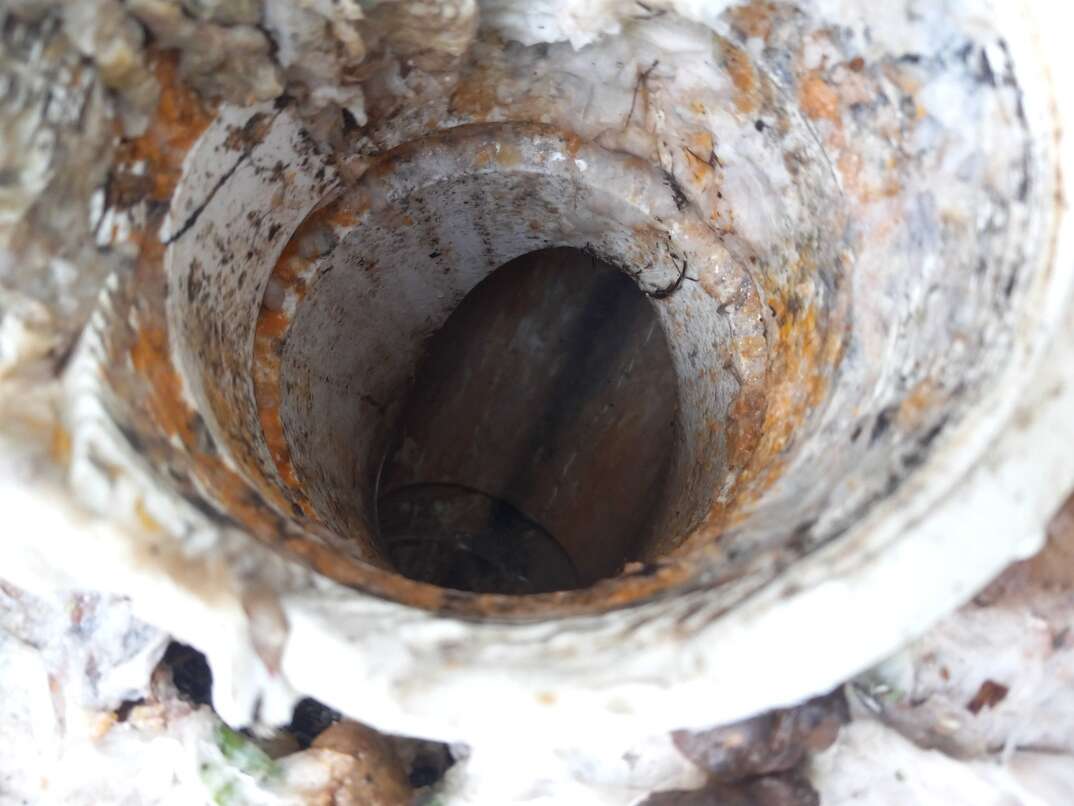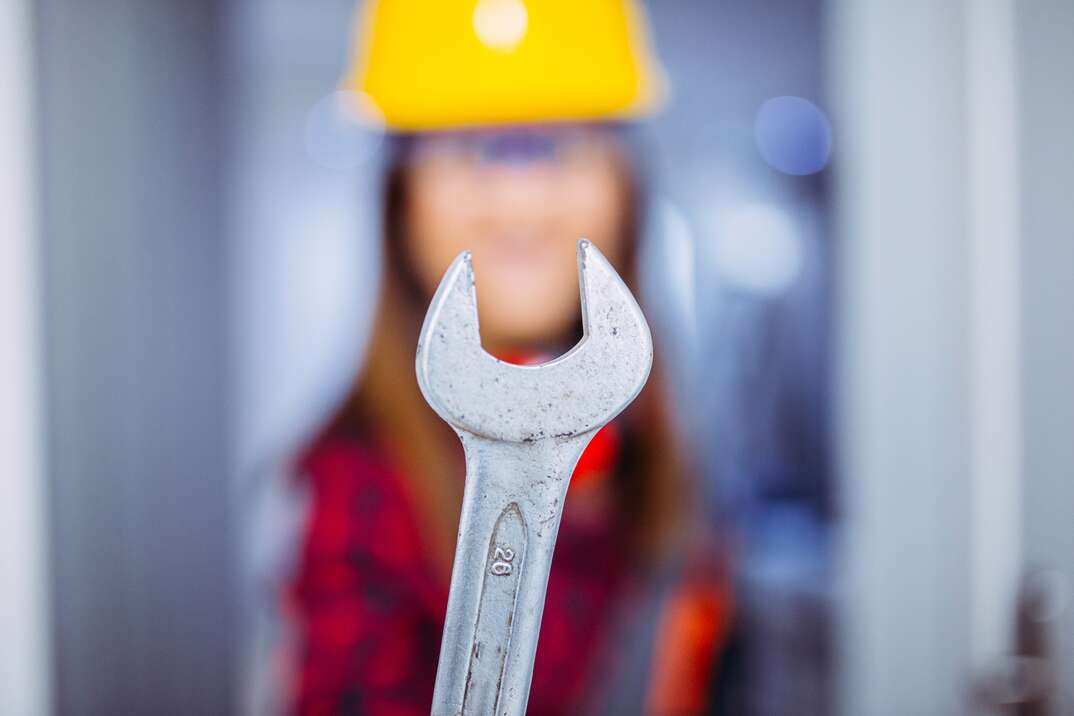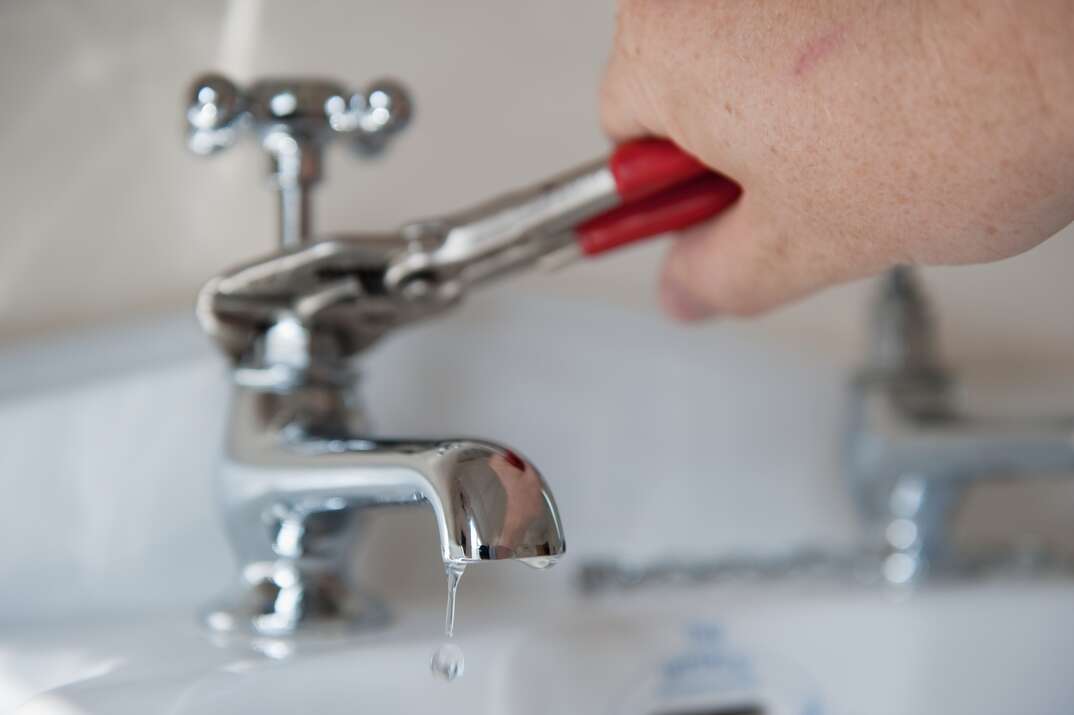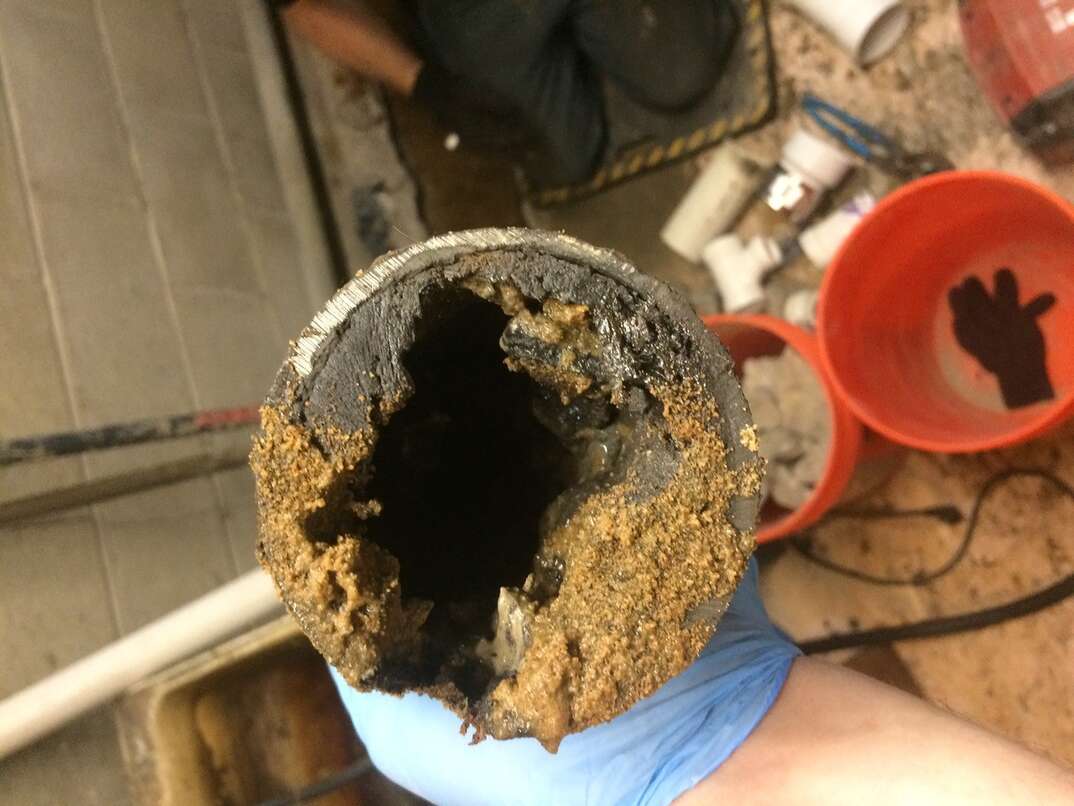Do I Need to Have my Sewer Line Inspected?

If the thought of backed-up sewage makes your blood run cold (and it should), a sewer line inspection could be a wise investment.
This May Also Interest You: How Much Does Sanitary Sewer Line Maintenance and Repair Cost?
Having your sewer line inspected is the most effective way to nip sewer problems in the bud before they turn into plumbing disasters.
What Is a Sewer Line Inspection and What Can It Tell You?
A sewer line inspection involves inserting a specialized sewer camera called a sewer scope into your sewage pipe to check for blockages and damage. Unless you're a plumbing whiz, you'll need to hire a professional plumber to perform a sewer line inspection for you.
An inspection can help you diagnose and fix issues with your sewer line causing slow drainage, sewage backup in your fixtures and other common plumbing issues. For example, it can tell you whether tree roots are breaching your sewer line.
Often, plumbers use a sewer line cleanout to access the pipe. A cleanout is a small pipe attached to your sewer line, often in your backyard. It improves access to your sewer line and makes it significantly easier to inspect and fix. If you don't have a cleanout, your plumber will need to remove a toilet to provide access.
More Related Articles:
- What to Do When Your Sewer Backs Up
- Never Flush These 11 Things Down Your Toilet
- Can You Pour Cooking Grease Down the Drain? No. Here’s Why
- 8 Things You Should Never Put Down the Garbage Disposal (and 5 Things You Can)
- What’s a Fatberg? (Spoiler: It’s as Gross as It Sounds)
How to Tell If You Need a Sewer Camera Inspection
You don't need a specific reason to schedule a sewer line inspection. In fact, some plumbers recommend annual inspections to check the condition of your pipework. The advantage of regular inspections is that they allow you to detect small cracks, leaks and blockages before they develop into larger, more expensive issues.
You may also decide to hire a plumber to inspect your sewer line before completing the purchase of a property. A sewer camera inspection can raise your awareness of potentially costly plumbing problems before you commit to buying a house. If you're scheduling a home inspection before your purchase, your company may include a free or cut-rate sewer line inspection as part of the service.
Other signs you need a sewer line inspection include:
Water Level Fluctuations
You probably pay little attention to the water level inside your toilet bowl, but changes to the level can help reveal hidden problems with your sewer system. Unusually low, high or fluctuating water levels could signify a leaking or blocked sewer line.
Drainage Issues
Slow-draining toilets, sinks and bathtubs are classic signs of a clogged sewer line. Blockages usually get worse (and more expensive) the longer you leave them, so it's worth scheduling a sewer inspection as soon as possible.
Nasty Smells
If you notice unpleasant odors coming from your plugholes or toilets, you could have a backed-up or poorly ventilated sewer line. These smells are often a warning sign of an impending sewage backup, where sewage enters your home through your fixtures. The gases coming from a sewer line can also cause health concerns, so it's important to address the issue promptly.
Sewage Backup
If blockages become severe, you may see sewage coming out of your toilet, sinks and other fixtures. Sewage backups can also happen when a tree root grows inside your sewer line or as a result of flushing diapers, feminine hygiene products and other plumbing no-nos down the toilet. Sewage inside your home is a health hazard, so resolving the blockage and repairing any damage is crucial.
Overflowing Septic Tank
You can sometimes see the results of a blocked or damaged sewer line in your backyard. Sewer line issues can cause your septic tank to overflow, leading to pools of wastewater on your lawn. This water is extremely unhygienic, so you should call a plumber immediately and keep family members and pets away from your yard until you resolve the issue.


